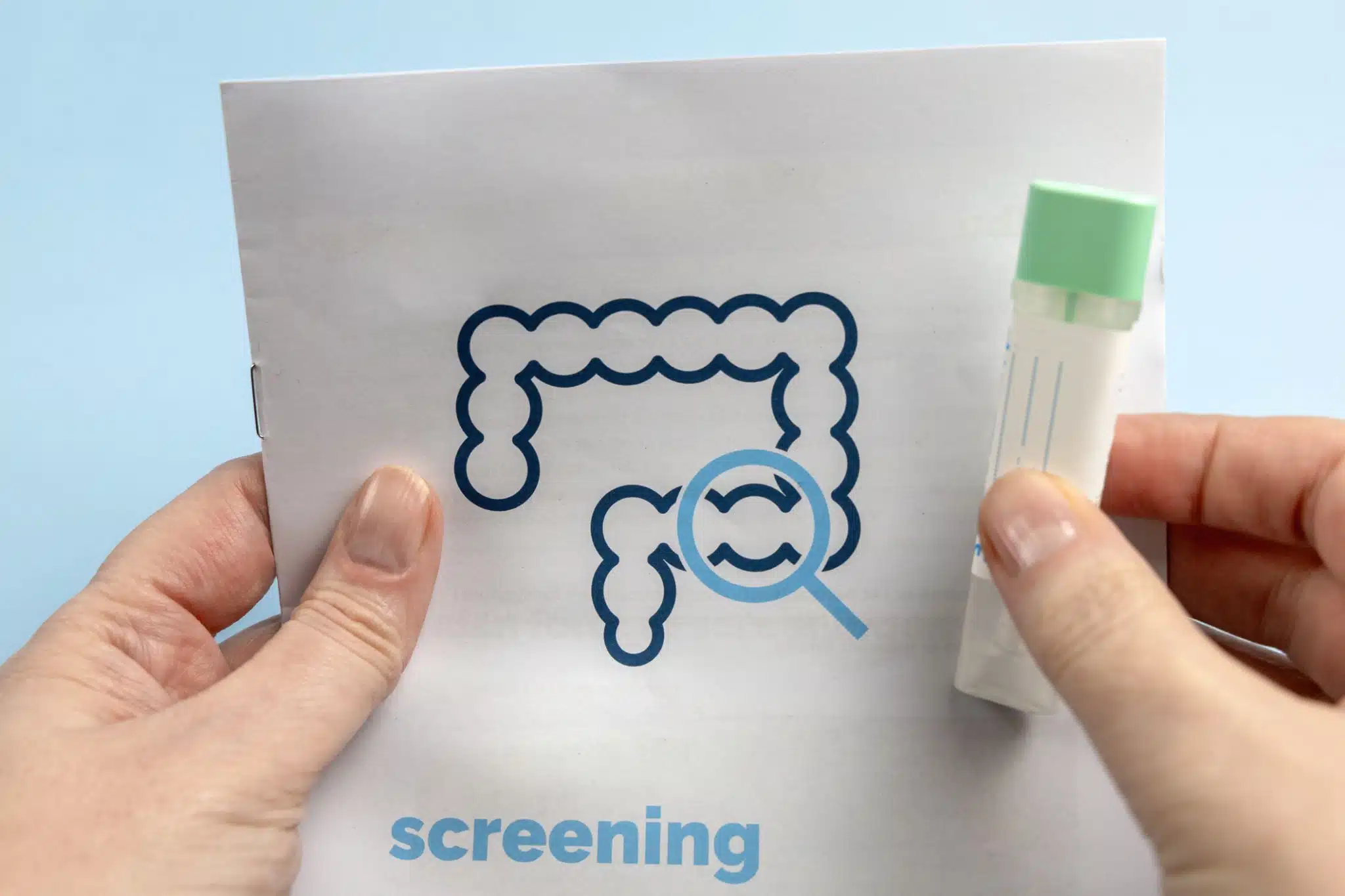UAB Medical West Blogs & News
Birmingham’s Premier Medical System
Blogs, News, Physician Spotlights, & More in Birmingham, AL
Stay Up to Date with Groundbreaking Research & Tips for Healthy Living at UAB Medical West
Exploring the Most Common Summer ER Visits
July 8, 2025
Summer brings longer days and outdoor fun, but it also drives up Emergency Room visits…
A Complete Guide to Colorectal Cancer Screening
July 8, 2025
Colorectal cancer is one of the most preventable yet still common cancers in adults. When…
What is Nuclear Medicine?
June 23, 2025
If you’ve been referred for a nuclear medicine scan or if you’ve discussed the potential…
Internal Medicine vs Primary Care: What’s the Difference?
June 12, 2025
Primary care and internal medicine are often used interchangeably, but they serve different roles in…



